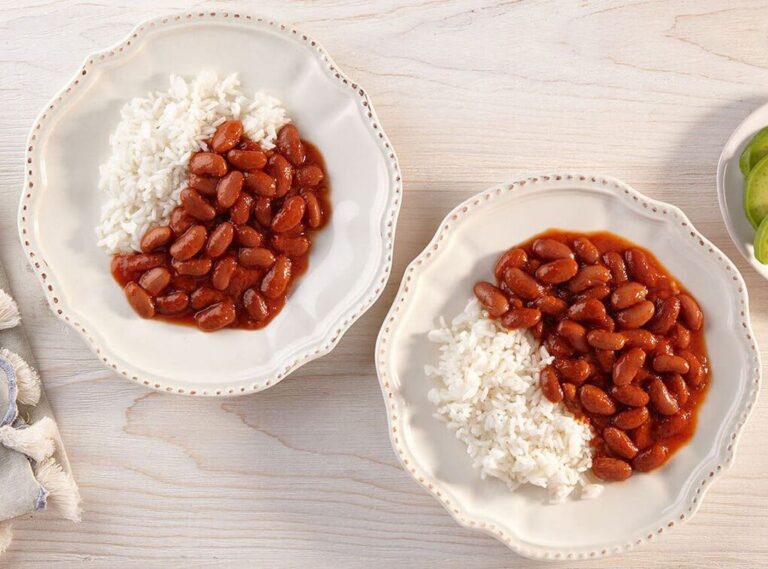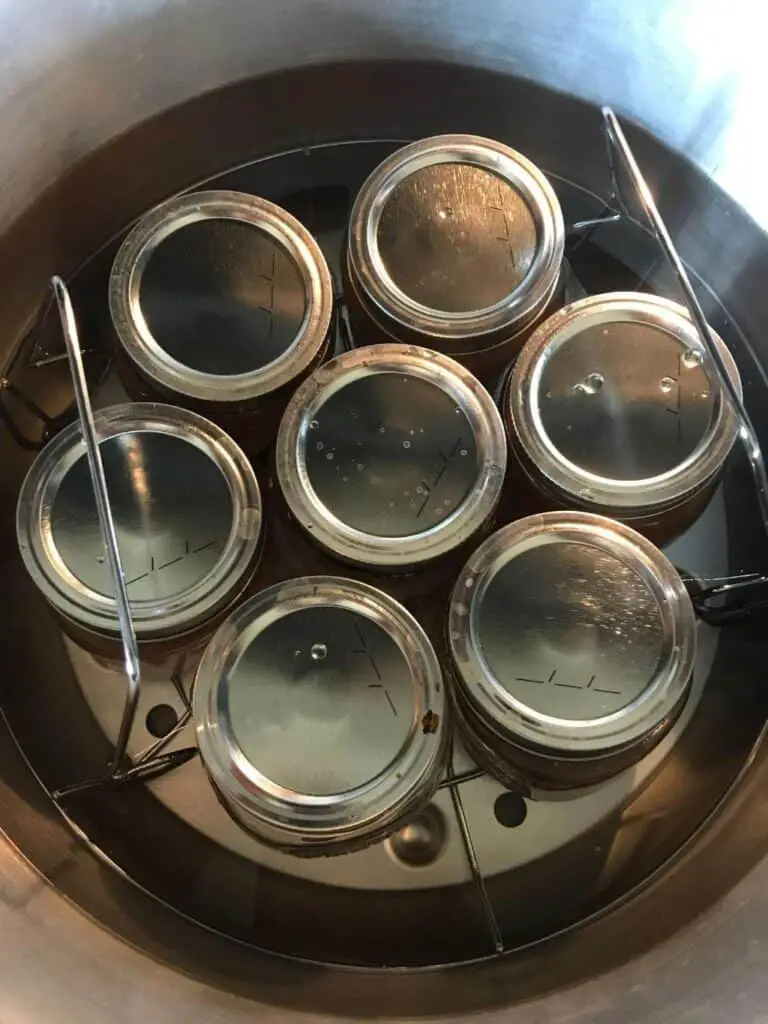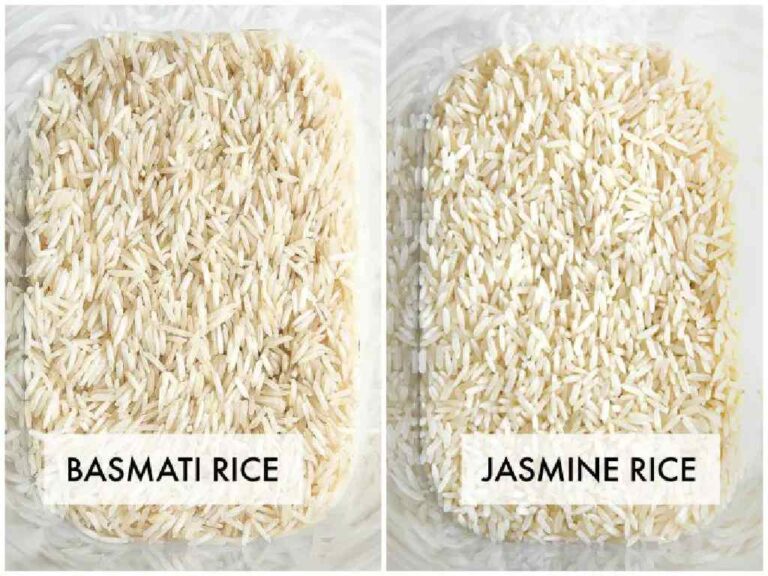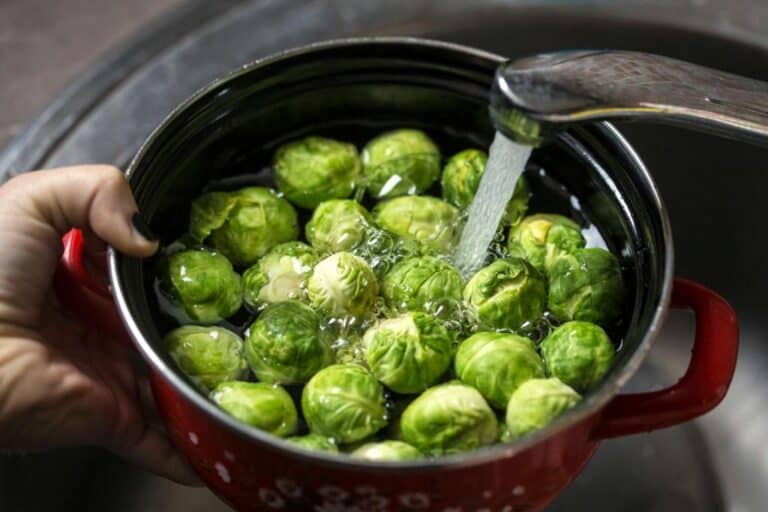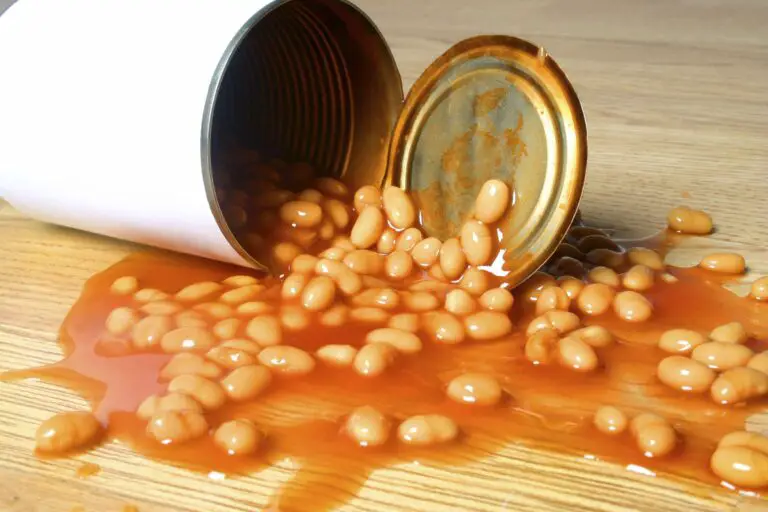What To Do if Your Beans Are Too Salty? 8 Simple Ways To Fix It
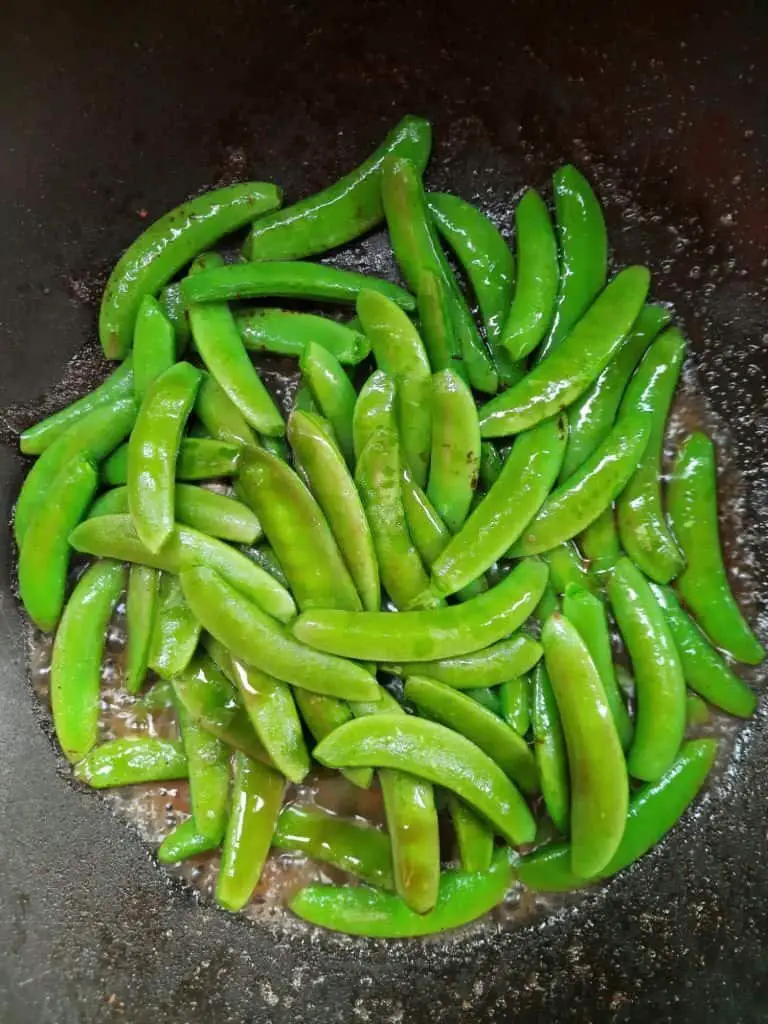
Have you ever been in the middle of cooking a delicious pot of beans, only to realize that you added too much salt? It’s a common mistake, but it can be frustrating when you’re left with a dish that’s too salty to eat.
Don’t worry, though—there are several simple ways to fix this problem and salvage your beans! In this article, we’ll share eight easy tips and tricks to help you reduce the saltiness of your beans, so you can still enjoy a delicious and healthy meal.
From soaking to adding acid, we’ll cover a range of methods that will have your beans tasting just right in no time. So, whether you’re an experienced cook or just starting out in the kitchen, read on to learn how to fix salty beans like a pro!
What Causes of Salty Beans?
There are a few things that can lead to salty beans, and knowing what they are can help you avoid this problem in the first place. Overuse of salt is one of the primary causes of salty beans. Too much salt in the cooking water or too much seasoning on the beans can make them taste too salty. To avoid this, it’s important to taste the beans often while they’re cooking and adjust the seasoning as needed.
Here are some causes of salty beans, mostly mistakes people make during cooking. It is easy for you to prevent them.
1. Overuse of Salt
One of the most common causes of overly salty beans is the overuse of salt. If you are not careful while seasoning your beans, you may end up adding more salt than required, resulting in an unpleasantly salty taste. This can be particularly problematic if you are using table salt, which is finer and saltier than other types of salt, such as kosher salt.
2. Using Salty Broth or Stock
Another cause of salty beans is using salty broth or stock. Broths and stocks are usually used as a base for soups, stews, and other dishes, and if they are too salty, they can overpower the flavors of the other ingredients.
It’s important to check the sodium levels in the broth or stock you are using, and if they are high, you may want to dilute it with unsalted water or use low-sodium versions of these ingredients.
3. Adding Salt too Early in the Cooking Process
Adding salt too early in the cooking process can also result in overly salty beans. Salt should be added towards the end of the cooking process to avoid the salt breaking down the beans and making them mushy. Salted beans may also take longer to cook, and the texture may not be as firm as desired. It’s best to add salt in small amounts and taste frequently until you achieve the desired saltiness.
4. Using Pre-Salted Ingredients
Using pre-salted ingredients can also contribute to salty beans. For example, if you are using canned beans, they are often preserved in a saltwater solution, and if you don’t rinse them thoroughly before cooking, they can add excess salt to your dish. Also, cured meats and sausages can be very salty, so you may need to adjust your seasonings accordingly if you use them.
5. Saltiness from Other Ingredients
Sometimes the saltiness in your beans may not be directly related to the salt you’ve added. Other ingredients like soy sauce, Worcestershire sauce, or other condiments can be high in salt and may contribute to the overall saltiness of the dish.
6. Inadequate Water Ratio
Another cause of salty beans is an inadequate water ratio. If the beans are cooked with too little water, the concentration of salt in the water will be higher, leading to salty beans. Make sure to keep an eye on the salt-to-water ratio to make sure there is enough water to dilute the salt.
7. Type of Bean
The type of bean you use can also affect the saltiness of your dish. Some beans are naturally saltier than others, such as fava beans or adzuki beans. To avoid making beans that are too salty, it’s important to learn about the beans you are using and adjust the seasonings accordingly.
Overall, it’s important to be careful when adding spices to your beans and to taste them often while they’re cooking to avoid making them too salty. If your beans do end up being too salty, there are several methods to reduce the saltiness, as will be mentioned in the next sections.
What To Do if Your Beans Are Too Salty
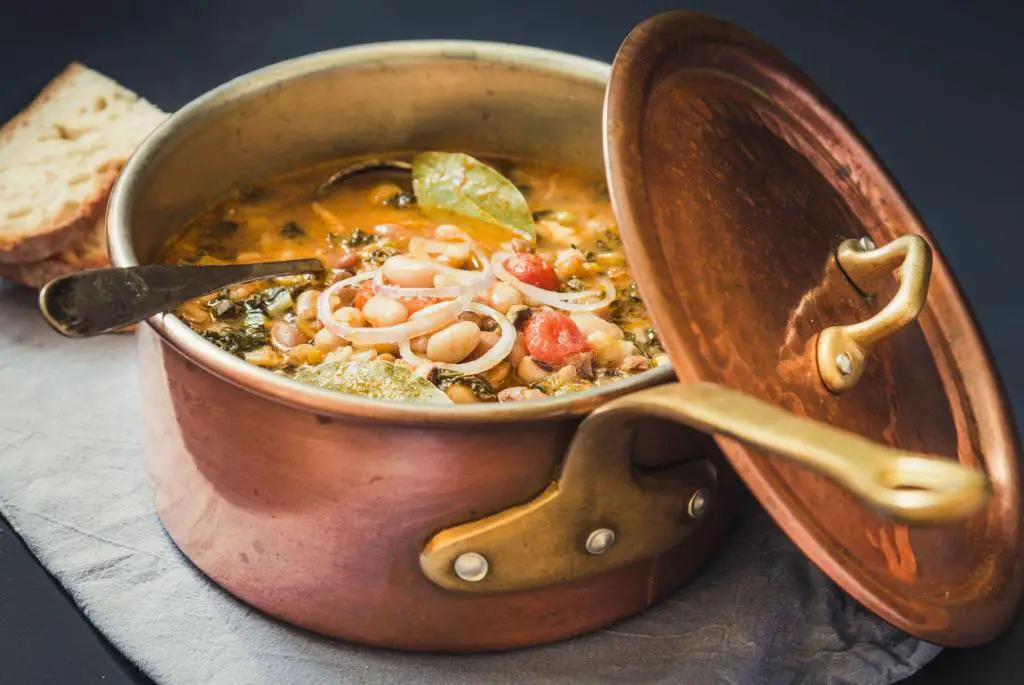
1. Dilution with Unsalted Liquid
Diluting salty beans with unsalted liquid is one of the most effective methods to reduce saltiness. You can use water, broth, or stock to dilute the salt concentration in the dish. Add the liquid in small amounts and taste frequently until you achieve the desired salt level. You may need to adjust the seasoning of the dish to compensate for the dilution.
2. Adding Acidic Ingredients
Acidic ingredients like vinegar, lemon juice, or tomatoes can help balance out the saltiness in the beans. The acidity in these ingredients helps to cut through the saltiness and enhance the overall flavor of the dish. Add small amounts of the acidic ingredient, taste often, and adjust the seasoning as needed.
3. Adding Sweet Ingredients
Adding sweet ingredients can also help reduce the saltiness in your beans. Sweet ingredients like sugar, honey, or molasses can balance out the salty flavor and create a more balanced taste. Add the sweet ingredient in small amounts, taste frequently, and adjust the seasoning as needed.
4. Use Starch to Absorb Salt
Starch can be used to absorb the salt from the beans. Adding potatoes, rice, or bread to a dish can help soak up some of the salt and make it less salty overall. Cook the starch in the dish until it has absorbed the salt, then remove the starch from the dish before serving. By doing so, you are not only removing salt, but soaking beans remove lectins from the beans.
5. Balance with Umami Flavors
Umami is the fifth taste and is known for its savory and meaty flavor. Adding ingredients with umami flavors like mushrooms, soy sauce, miso paste, or Parmesan cheese can help balance the saltiness in the dish. These ingredients can enhance the overall flavor of the dish while reducing its saltiness.
6. Increase the Volume of the Dish
Increasing the volume of the dish can also help reduce the saltiness. Add more unsalted ingredients like beans, vegetables, or grains to the dish to dilute the salt concentration. This method will not only help reduce the saltiness but also increase the portion size of the dish.
7. Cook without a Lid
Cooking beans without a lid can help reduce the salt concentration. The steam released from the dish can help evaporate the salt, leading to a less salty dish. But this method might not work for all dishes, and it might change how long it takes to cook the beans and how they taste.
8. Use Low-Sodium Ingredients
Using low-sodium ingredients can also help reduce the saltiness of the dish. Use low-sodium broth, canned beans, or canned tomatoes to lower the salt concentration in the dish. But it’s important to remember that low-sodium ingredients may change how the dish tastes as a whole, so it’s important to adjust the seasonings accordingly.
Alternative Uses for Salty Beans
Beans are a versatile ingredient that can be used in a variety of dishes, and even if they’re too salty to eat on their own, there are plenty of alternative uses for them. Here are a few ideas for how to repurpose salty beans:
1. Bean Dip or Spread
Salty beans can make a delicious and savory bean dip or spread. Mash the beans and mix them with herbs, spices, and other flavorful ingredients to create a delicious dip or spread for vegetables, crackers, or bread. You can also add some unsalted beans to the mix to balance out the saltiness and create a more complex flavor.
2. Bean Soup or Stew
Salty beans can also be used to make a flavorful and hearty bean soup or stew. Add the beans to a pot with unsalted broth or stock, vegetables, and herbs, and let it simmer until the flavors have melded together. Taste the soup often and change the seasonings as needed to make a well-balanced dish with lots of flavor. Serve with crusty bread for a comforting and satisfying meal.
3. Bean Salad
Salty beans can be used to make a delicious and protein-packed bean salad. Mix the beans with other unsalted vegetables like tomatoes, cucumbers, and bell peppers, and add a simple vinaigrette made with olive oil, vinegar, and herbs. The saltiness of the beans will add a savory and umami flavor to the dish, while the other ingredients will balance out the saltiness and create a more complex flavor.

